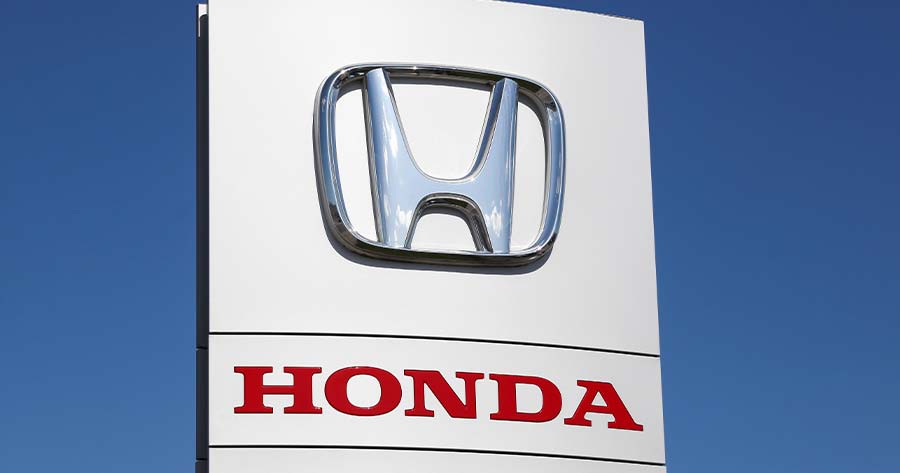Honda Motor has trimmed its planned investment in electric vehicles, citing softer-than-expected demand, and is doubling down on hybrids as consumer preference shows resilience in the segment.
CEO Toshihiro Mibe told reporters Tuesday that Honda will now allocate JPY 7 trillion ($48.4 billion) toward electrification and related software through the fiscal year ending 2030—down from an initial plan of JPY 10 trillion.
Given the current deceleration in the EV market, Honda now expects battery-electric vehicles to account for about 20% of its sales in 2030, short of the 30% target announced earlier, Mibe said.
The company is redirecting resources to capitalize on accelerating hybrid sales, projecting deliveries of between 2.2 million and 2.3 million hybrid vehicles by the end of the decade. Honda did not provide an overall sales target for the period.
Central to this shift, Honda plans to roll out 13 new-generation hybrid models globally from 2027 through 2030, including hybrid systems designed for larger vehicles to be introduced in the latter half of the decade.
The company’s revised strategy comes as Honda recently paused a CAD 15 billion ($10.7 billion) plan to develop an EV production hub in Ontario, Canada, citing industry-wide signs of demand fatigue for electric cars.
Despite scaling back near-term EV ambitions, Honda maintains its long-term commitment to electrification, reaffirming a goal for all new car sales to be either battery-electric or fuel-cell vehicles by 2040.





